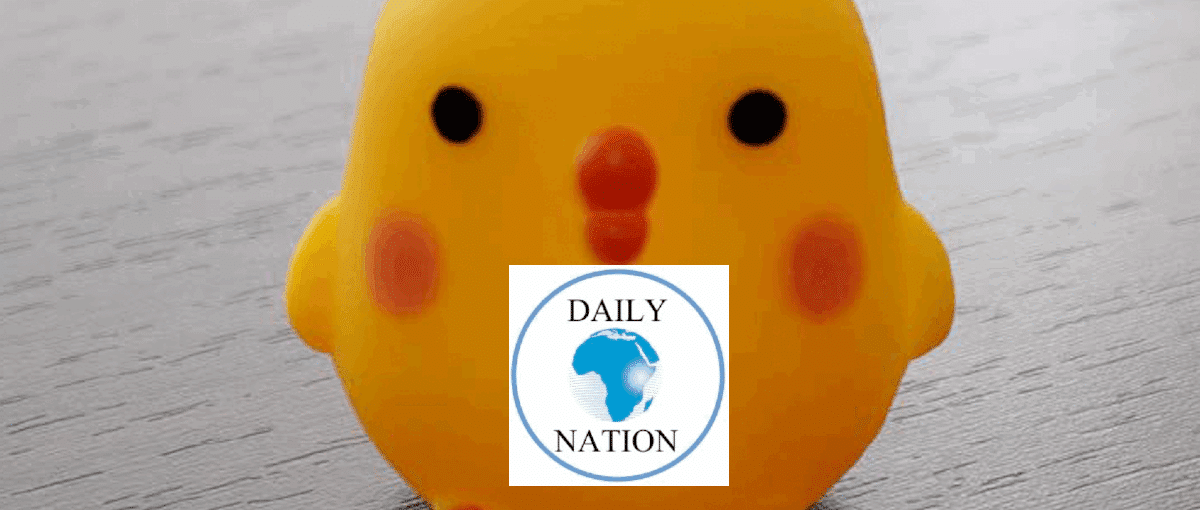The Kenya Daily Nation reports that plastic toys widely sold in the country harbour alarming levels of toxic chemicals, a new study has revealed, raising red flag about the safety of everyday playthings used by children.
The research, conducted by the Centre for Environment Justice and Development (CEJAD) in collaboration with Arnika (a Czech organisation) and the International Pollutants Elimination Network, analysed a range of plastic toys bought from local retailers.
At the heart of the findings is Polyvinyl Chloride (PVC)—the most commonly used plastic in children’s products, but also among the most hazardous. Often referred to as the “poison plastic,” PVC releases toxic chemicals during production, use and disposal.
“These chemicals are known to cause serious health risks,” the report warns. “They are linked to cancer, reproductive health disorders, liver and kidney damage, weakened immunity, and developmental issues in children.”

“The chemicals are particularly concerning because they can migrate from the plastic, leach into the environment, and expose children who play with these toys,” said Griffins Ochieng, executive director of CEJAD.
Nikola Jelínek of Arnika, a researcher on toxic substances in the environment and author of the study, notes that there is need for decisive action following the findings.
“It is essential that international agreements such as the Stockholm Convention and the upcoming Global Plastics Treaty ban the use of these toxic substances in toys and commit all countries to stricter regulation and labeling of products. Without these measures, children will continue to face unnecessary health risks from everyday items that should be safe,” says Jelínek.
Read the full story in the Daily Nation.
IPEN members from around the world have tested plastic toys and other plastic products for hazardous chemicals over two decades. See all of the studies on our plastics map.
